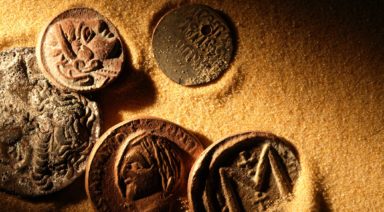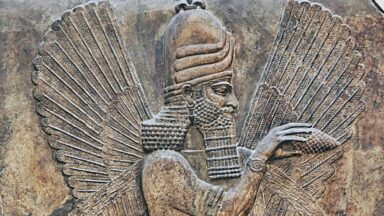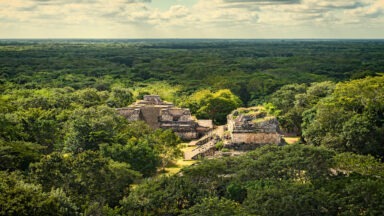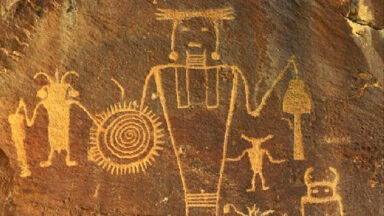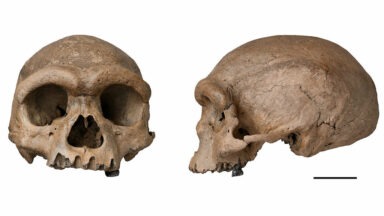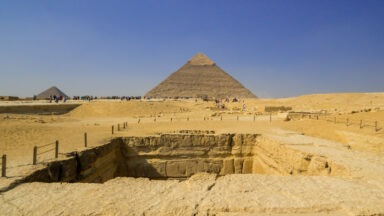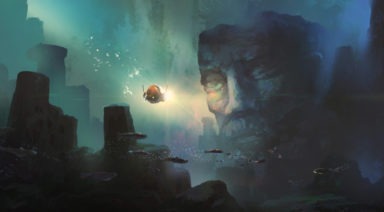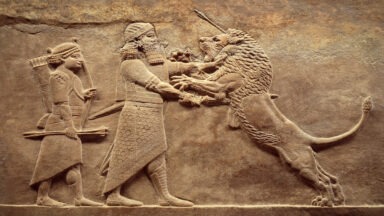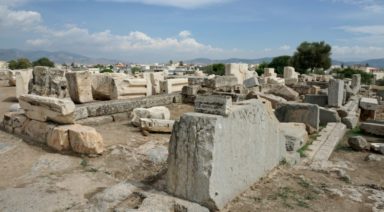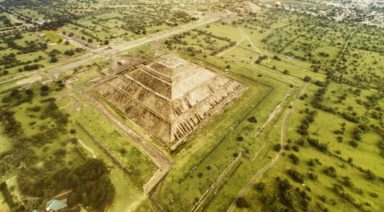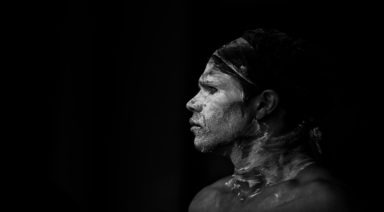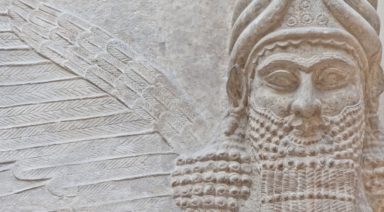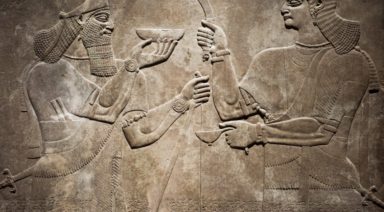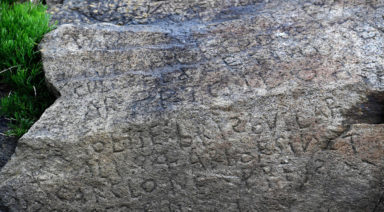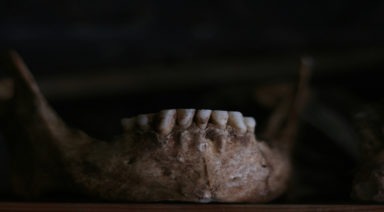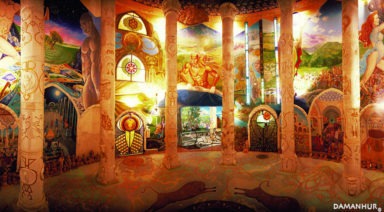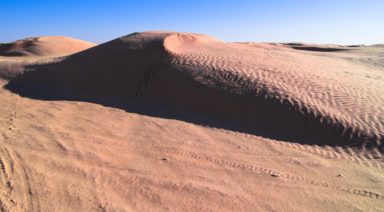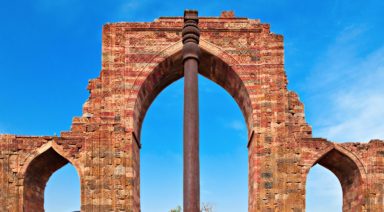Amateur Historian Finds Ancient City & Discovery Changes Human Timeline

The timeline of history changes again, as new evidence pushes the oldest known Homo sapiens in Africa back thousands of years.
In southwestern Ethiopia, a mystery nearly a quarter of a million years in the making has been solved. Homo sapien remains found near the Omo river, dubbed “Omo 1,” were originally found in the 1960s. Scientists struggled for years to establish a date for these remains, but in 2005 they determined Omo was approximately 195,000 years old.
Now, a new study by volcanologist Dr. Celine Vidal of Cambridge University pushes that date much farther back by more than 30,000 years, which places modern humans in eastern Africa more than 230,000 years ago.
Vidal was able to determine this by comparing the thick layers of ash left by an ancient volcano from the top of the remains of Omo 1 with ash known to be from a volcano that erupted about 230,000 years ago. Now that the minimum date for Homo sapiens in eastern Africa has been established, researchers are searching for the maximum.
As, Christine Lane, a co-author of the study stated, “[I]t’s possible that new finds and new studies may extend the age of our species even further back in time.”
Polish Diplomat Makes Rare Discovery
A Polish diplomat has reportedly found a long-lost, ancient city that professional archeologists and historians have been searching for two centuries.
Robert Rokicki, a Polish diplomat, and history enthusiast, stationed in Turkey, told the Anadolu Agency he found the ancient city of Thebasa by doing what he calls “histracking” or off-road hiking in historical places.
Rokicki believes the ancient city is in the Pinarkaya village of southern Karaman Province. Thebasa played a role in the five-centuries-long conflict between the Byzantine Empire and Muslim Caliphates, but was destroyed and apparently abandoned in the year 806 AD.
The Roman geographer, Pliny the Elder, had written of Thebasa saying it lay in the Taurus mountains but until now had never been found. But perhaps the best part is, Rokicki found the city by accident. He says he was looking for another place altogether when he stumbled on Thebasa.
Nevertheless, professor Stephen Mitchell a British Academy Fellow said of the amateur Rokicki’s discovery, “[A]dds a whole new chapter to the story of the conflict between the Byzantines and the Arabs in the 10th and 11th centuries,”
Now that the site has been located, expect to see many more discoveries as the “professional” archeologists will surely be there soon.
Who Were the Ancient Race of Red Haired Giants?

Legends of giants exist around the world and some say they have even found evidence, but mainstream science dismisses giants as a hoax. Is it time for a fresh look at ancient giants?
Giants have been dismissed by science and archeology as a myth but are embraced by many cultures around the world. Globally, there are even structures that would fit the giant narrative, but perhaps most importantly, oral histories, folklore, and even scripture mention giants.
Jack Cary, researcher and author of “Paranormal Planet” has studied this phenomenon for years.
“Indigenous people throughout the entire planet have these oral histories of red-haired giants. And there are a lot of indications and clues as to who the giants were and where they originated,” Cary said.
“One of the most important is Genesis 6:4 in which it describes that the Nephilim were on Earth, they had children by human women, these children were giants…”




